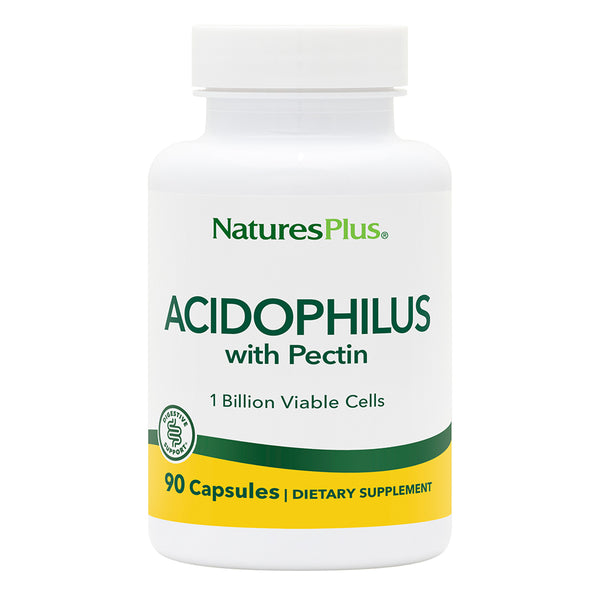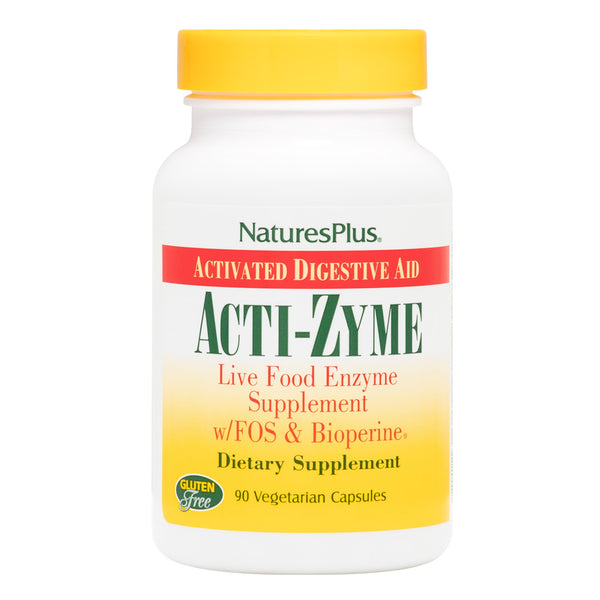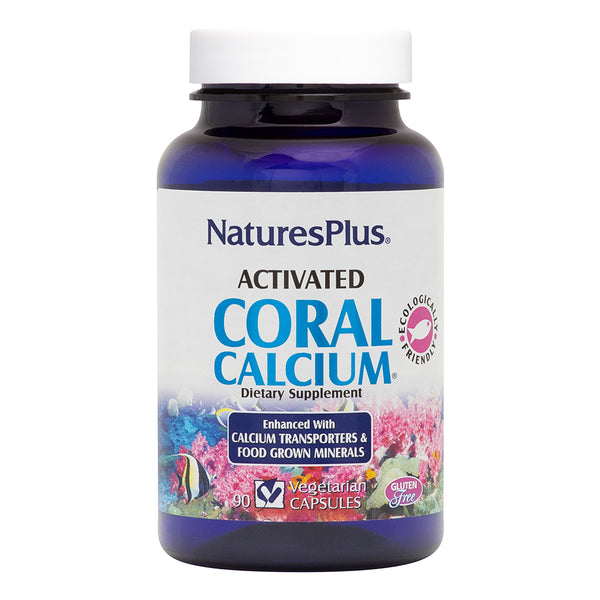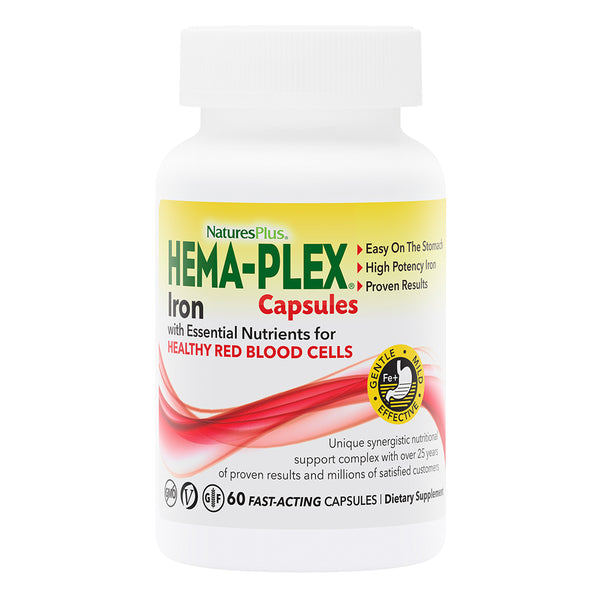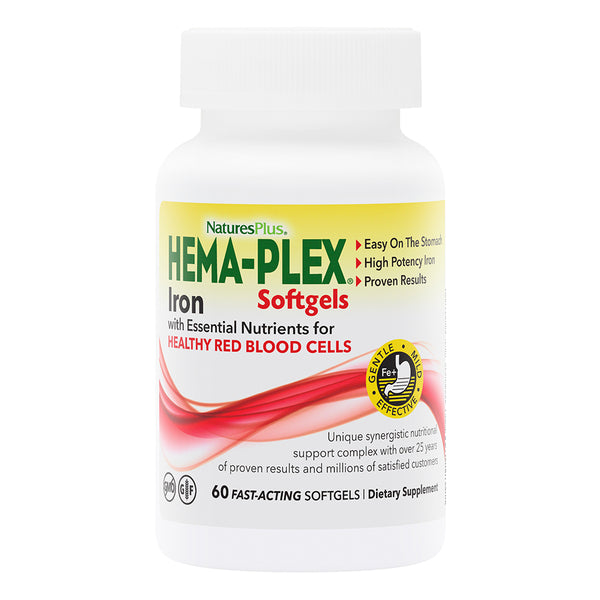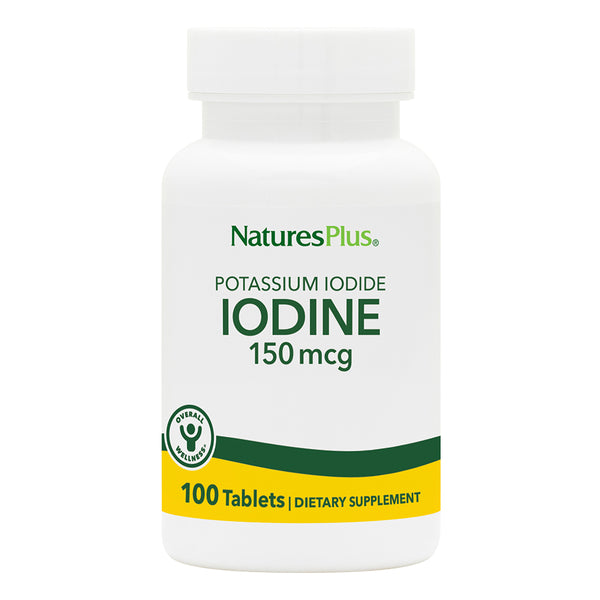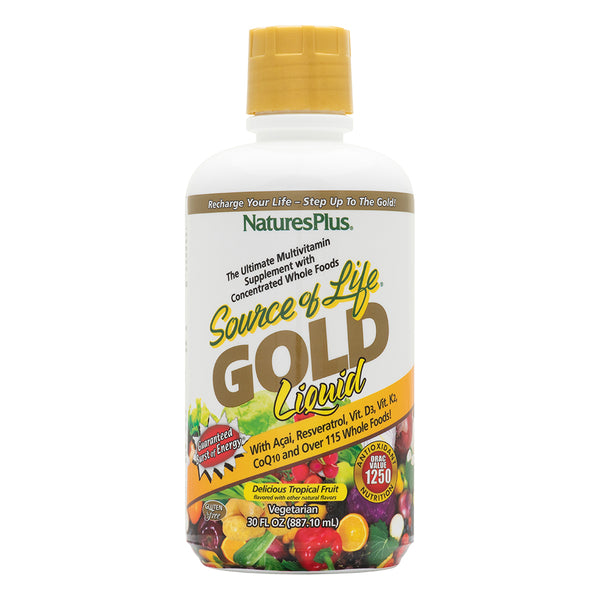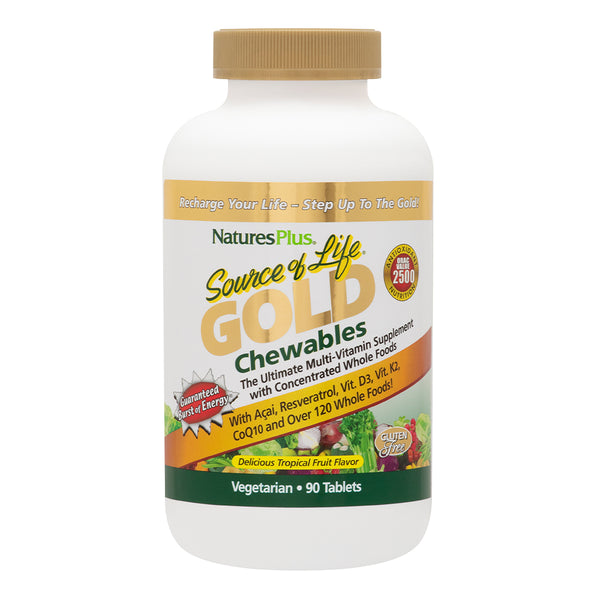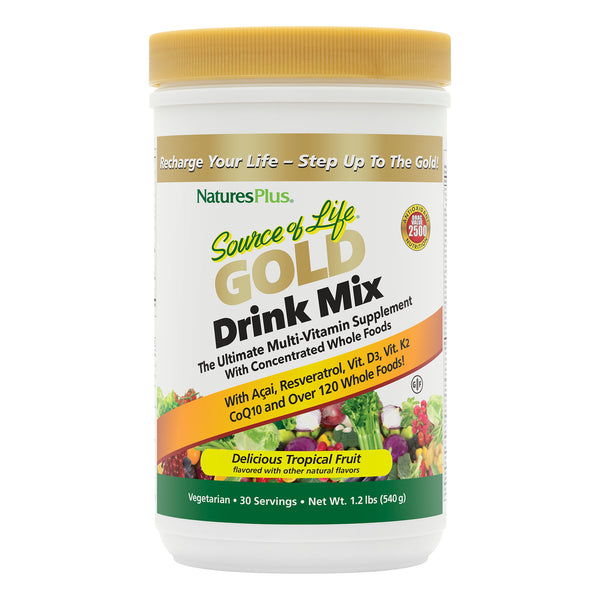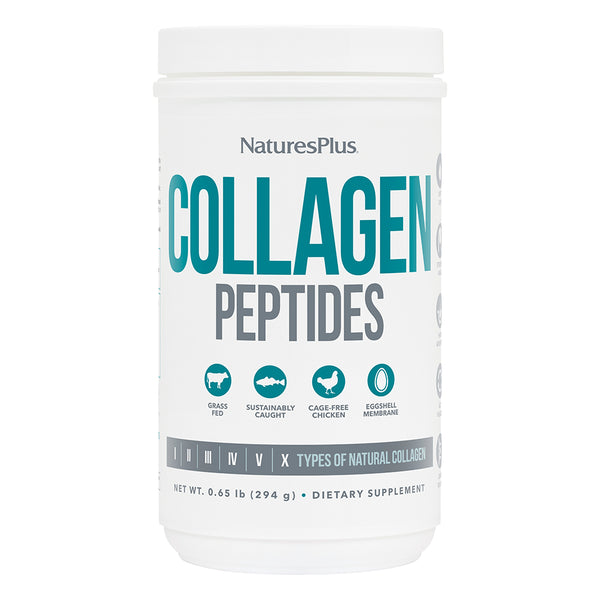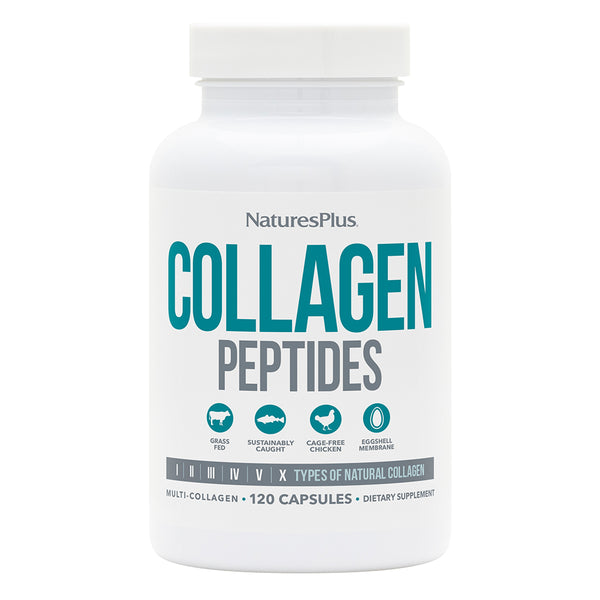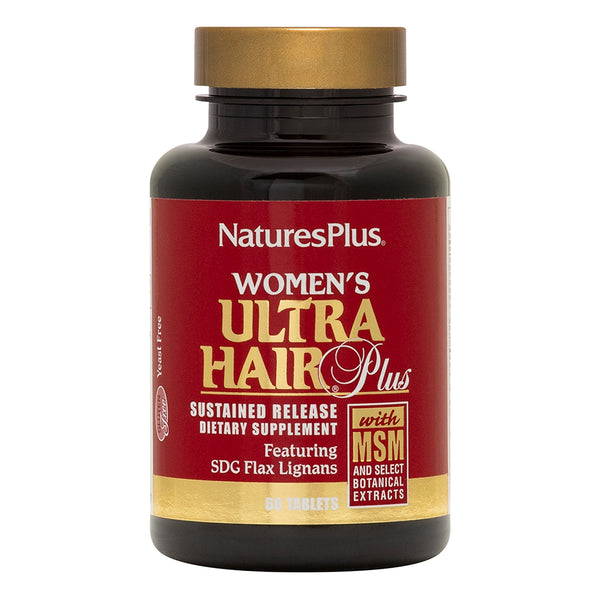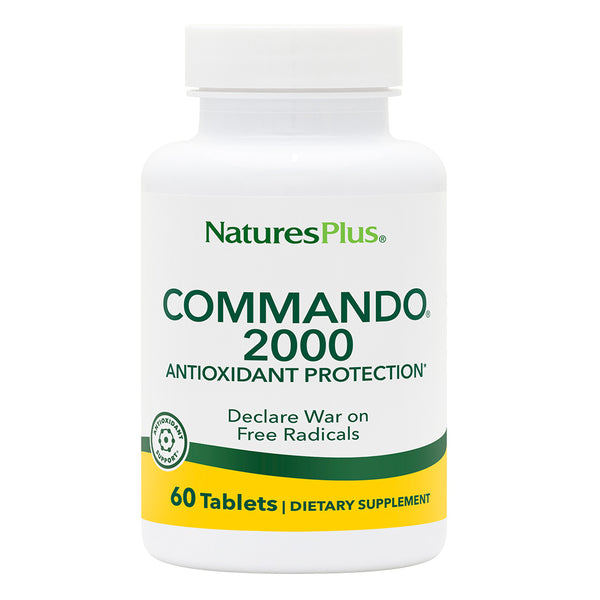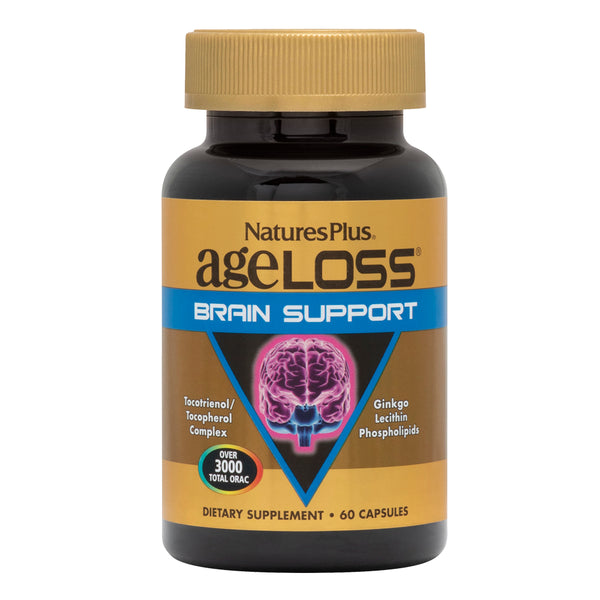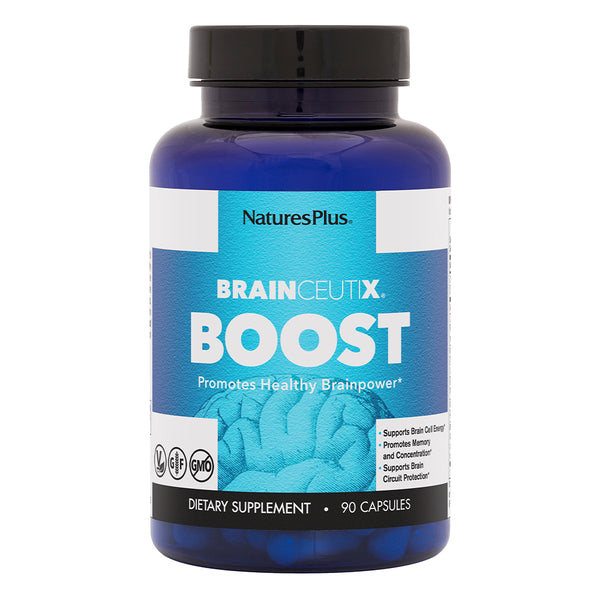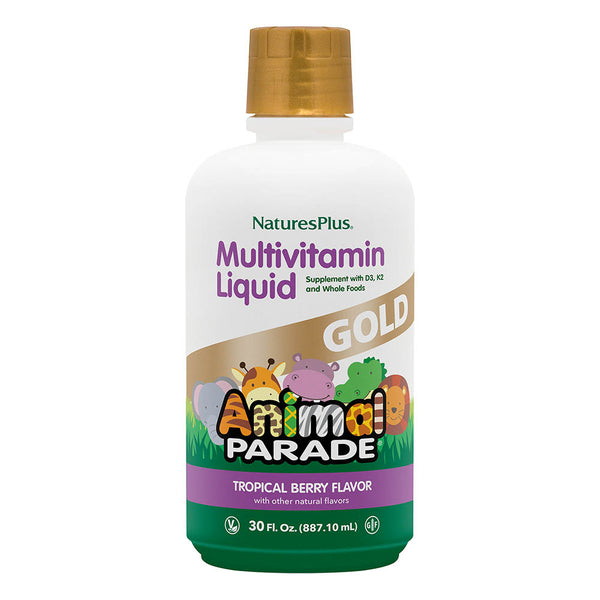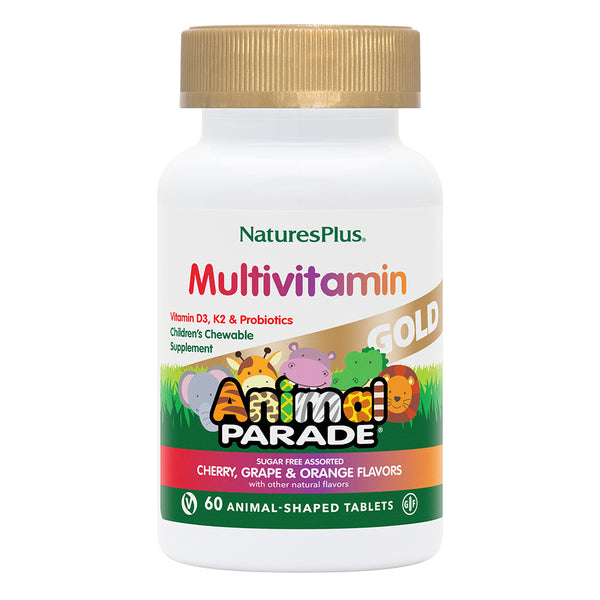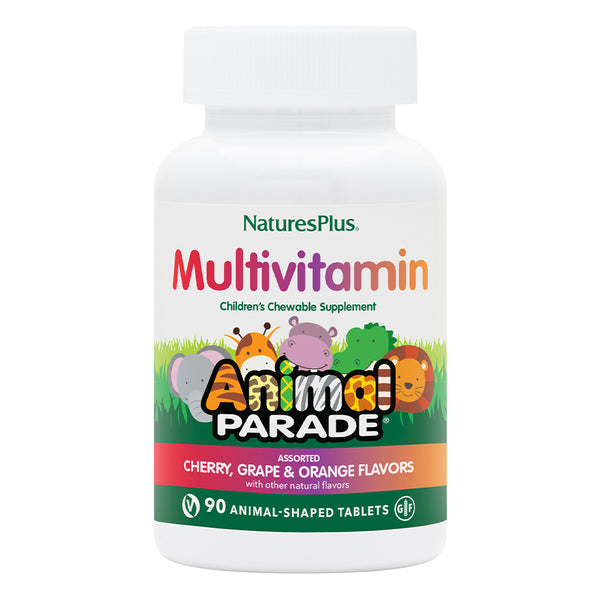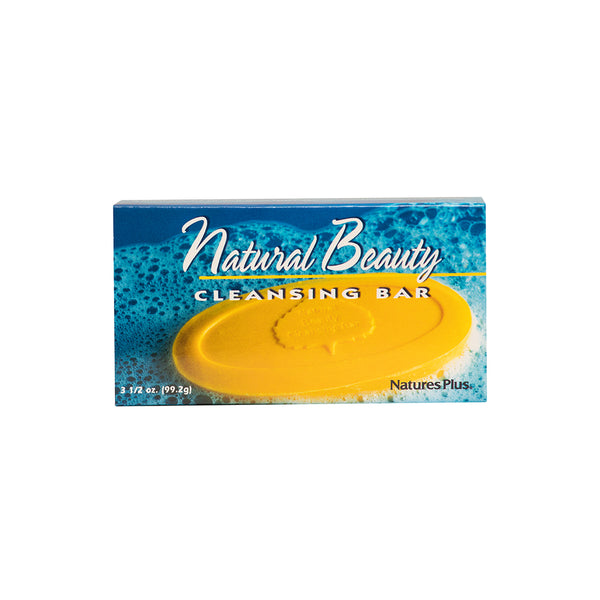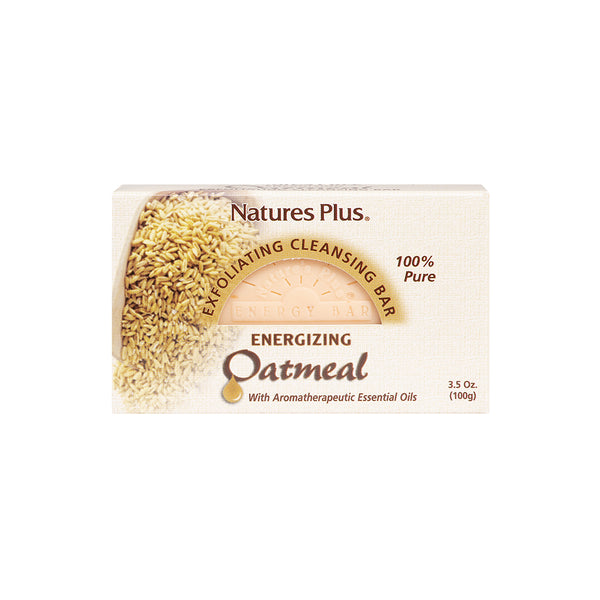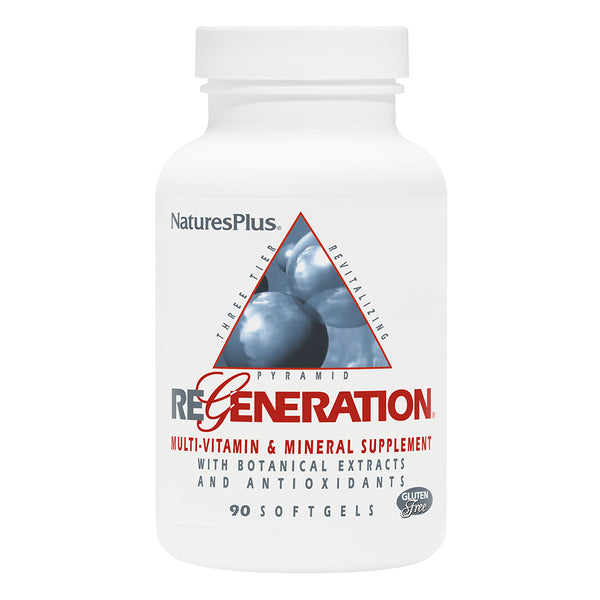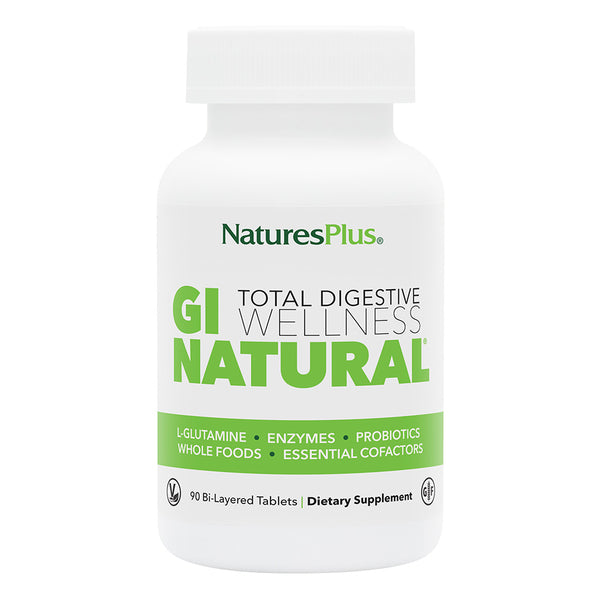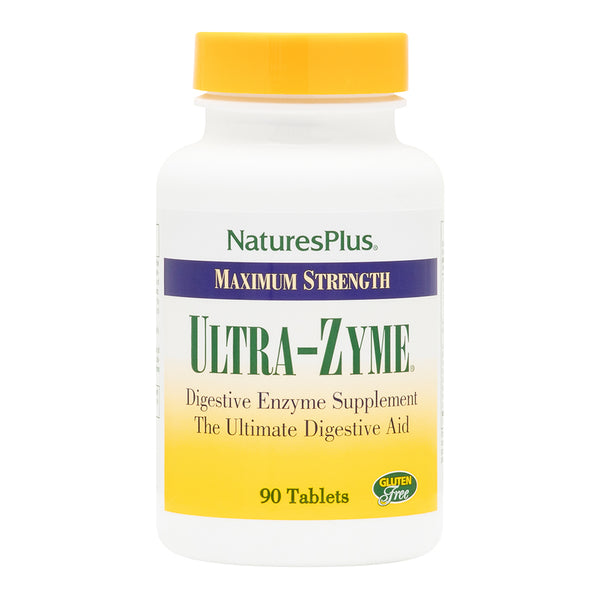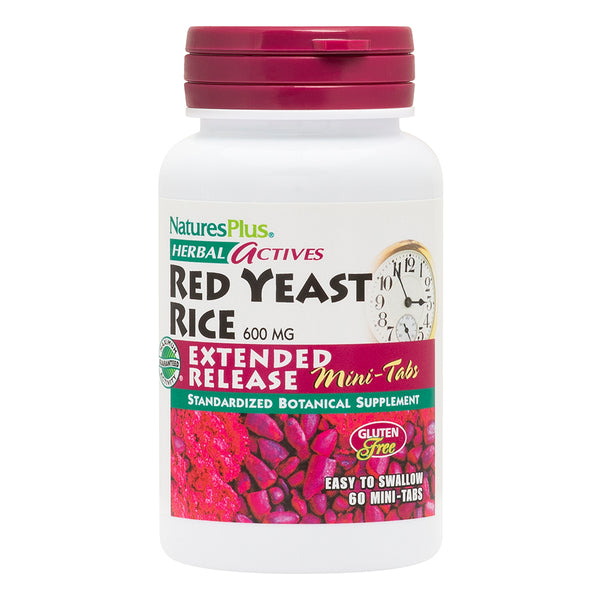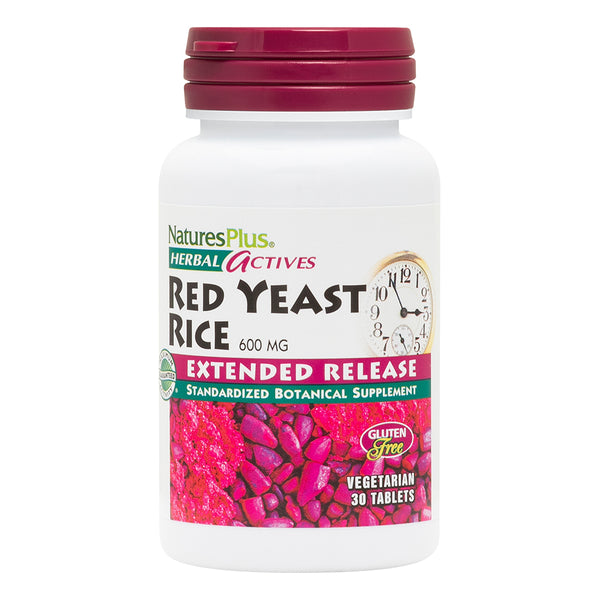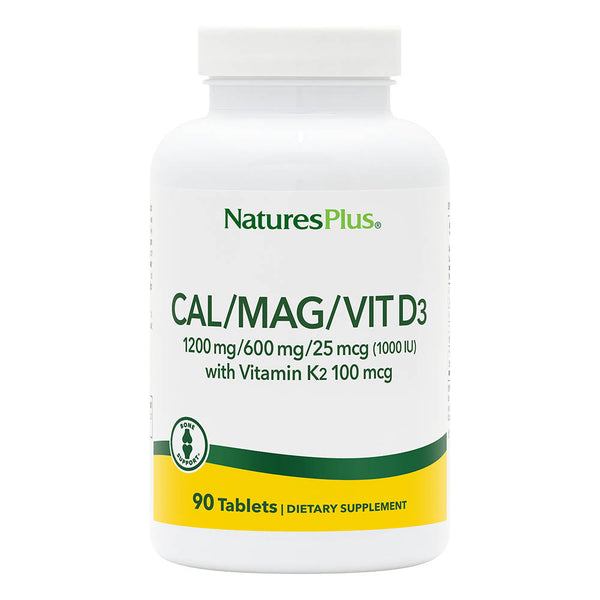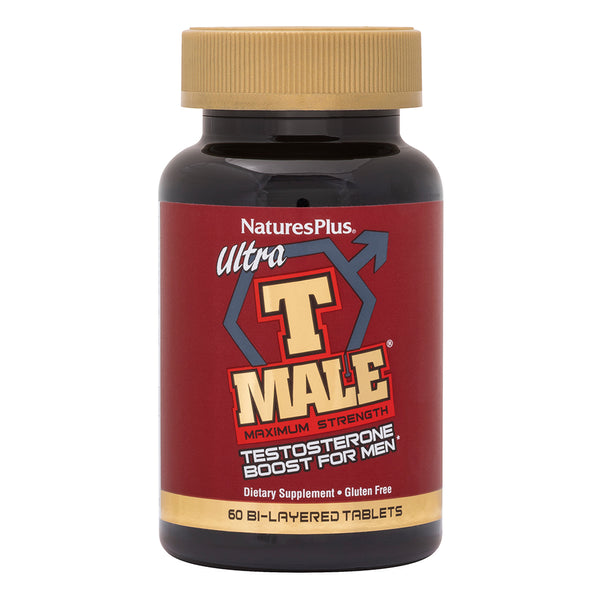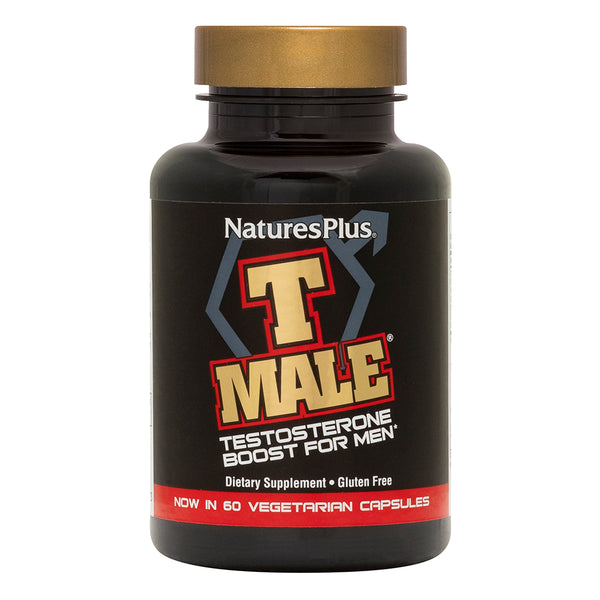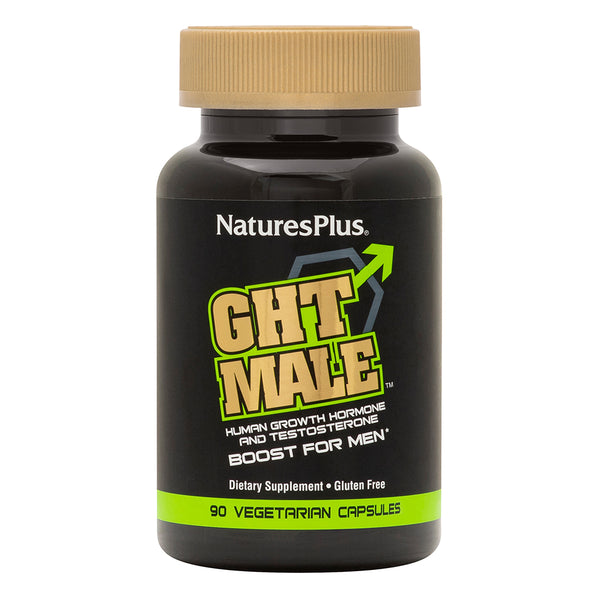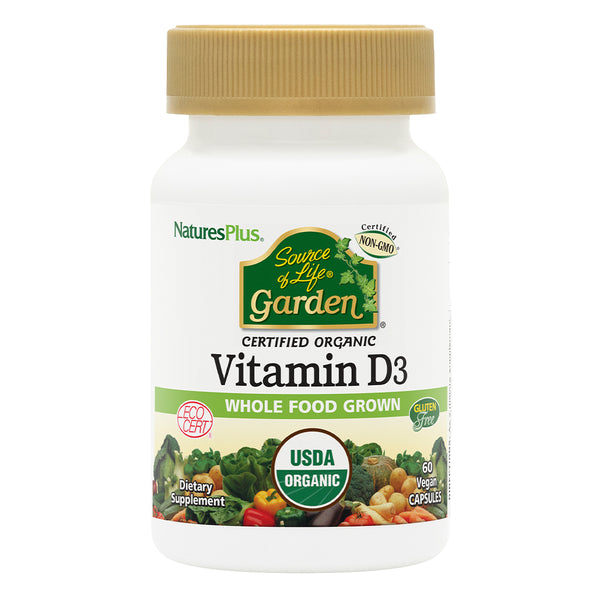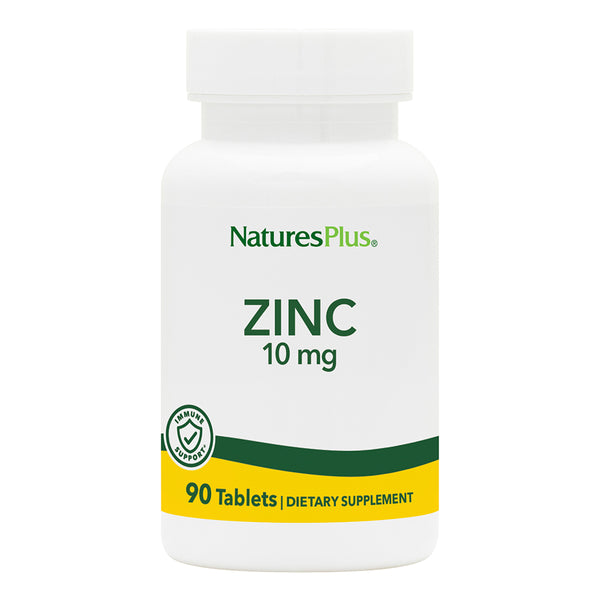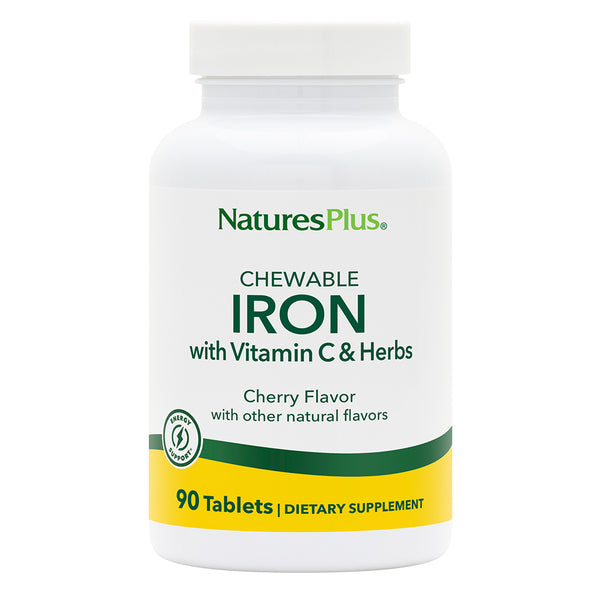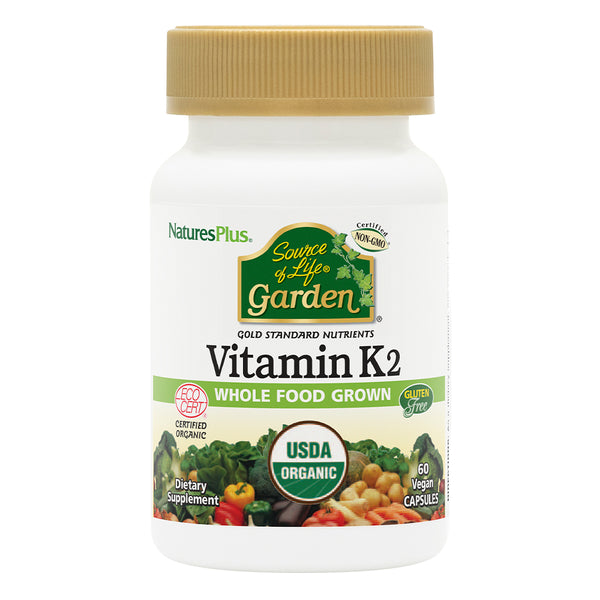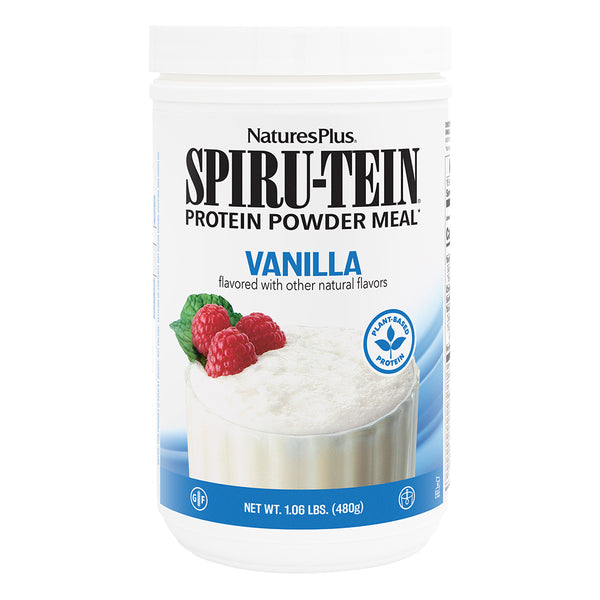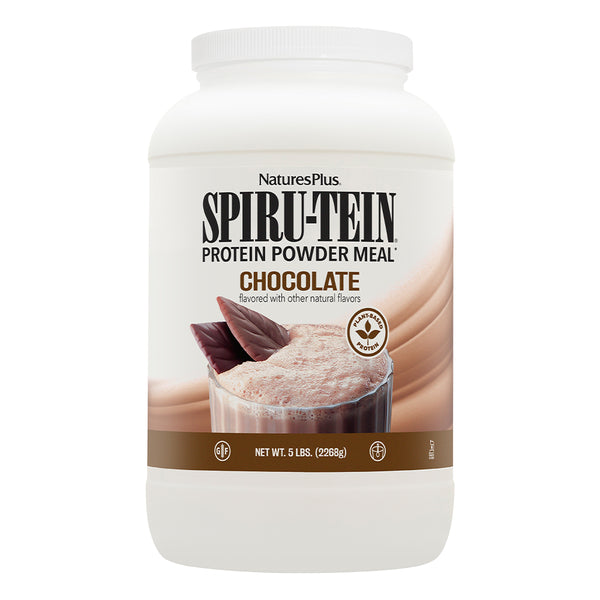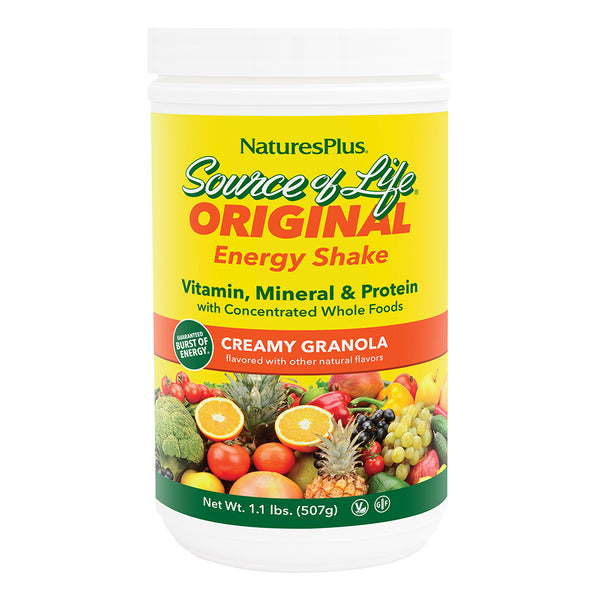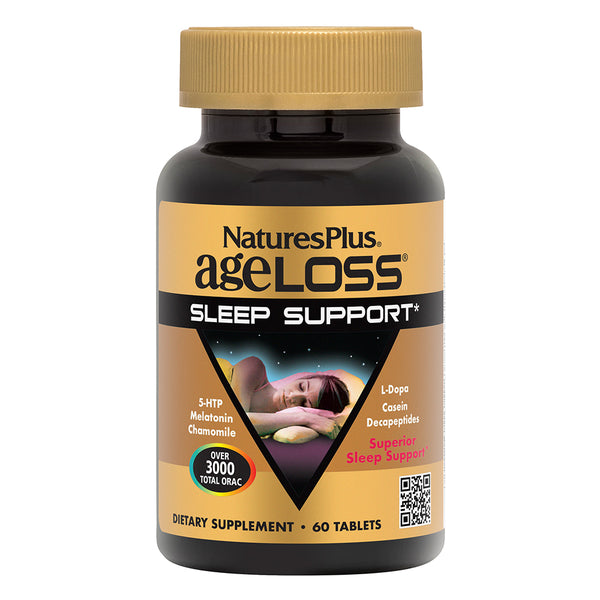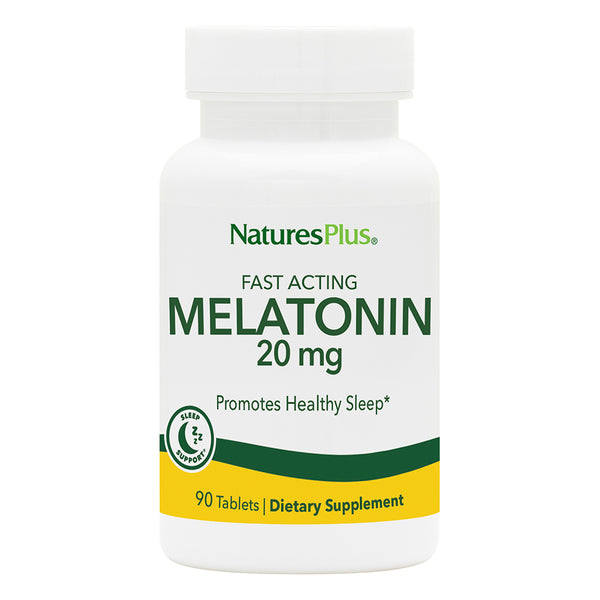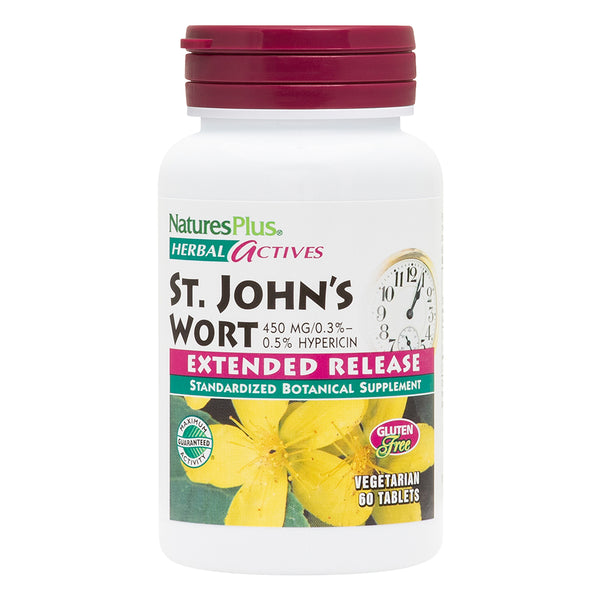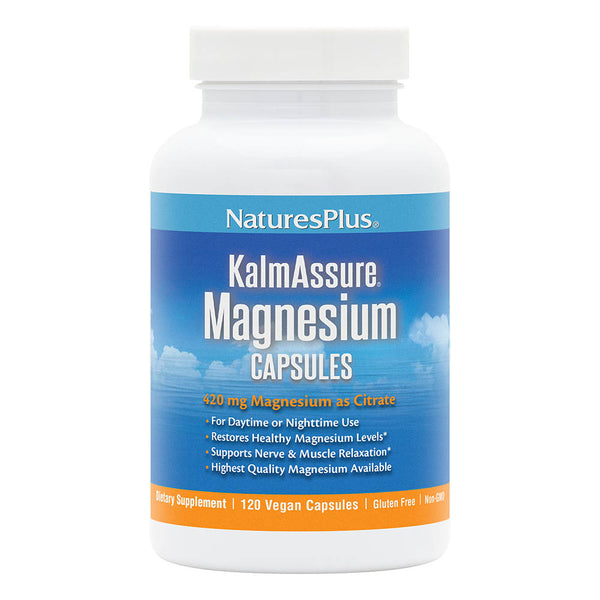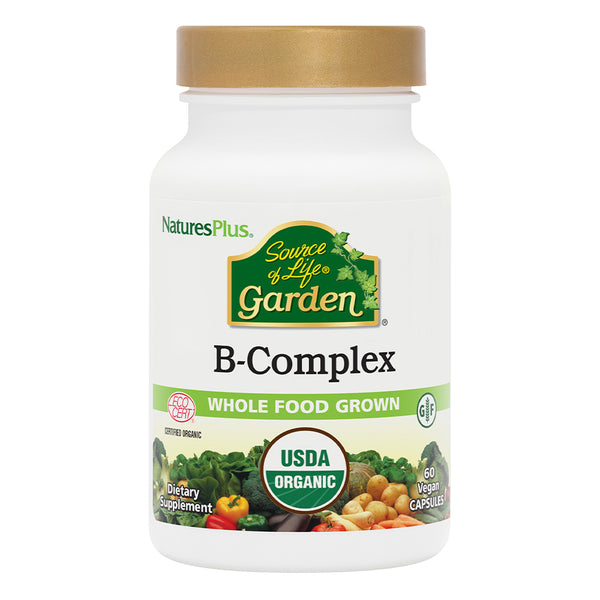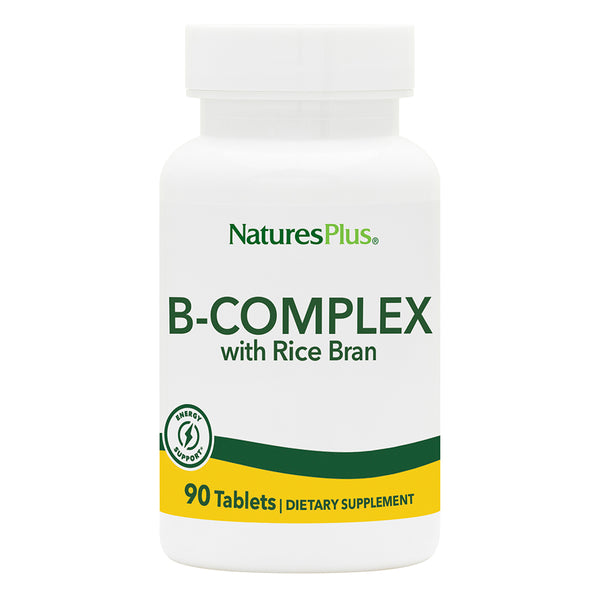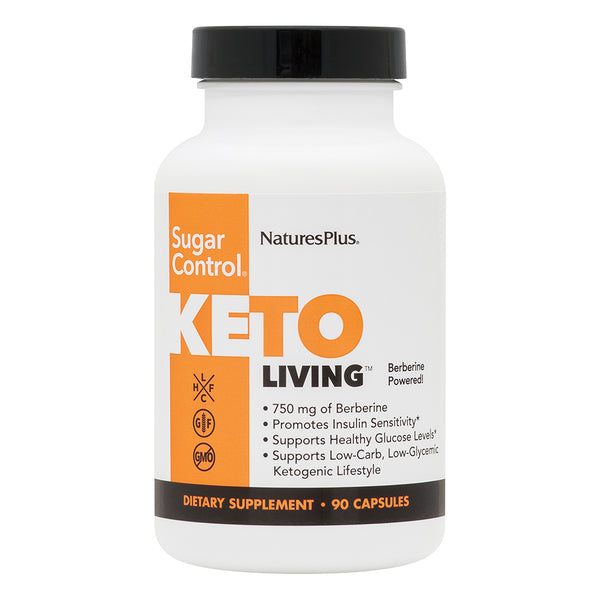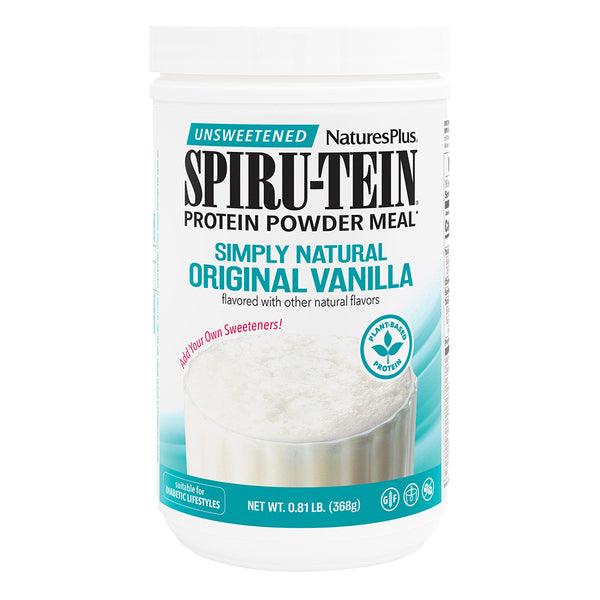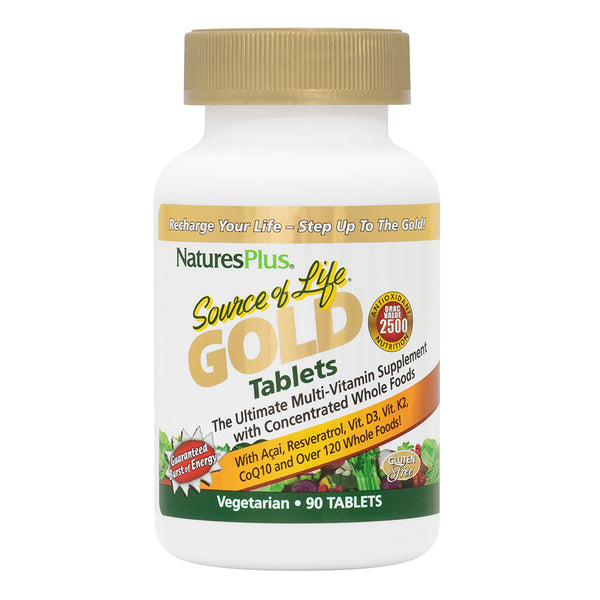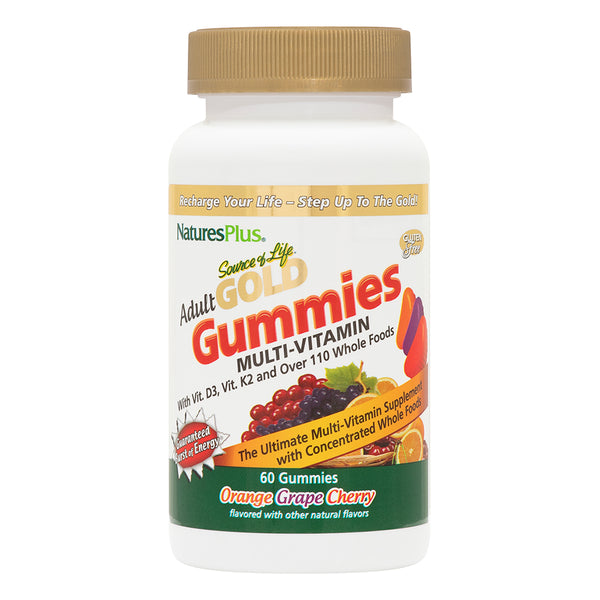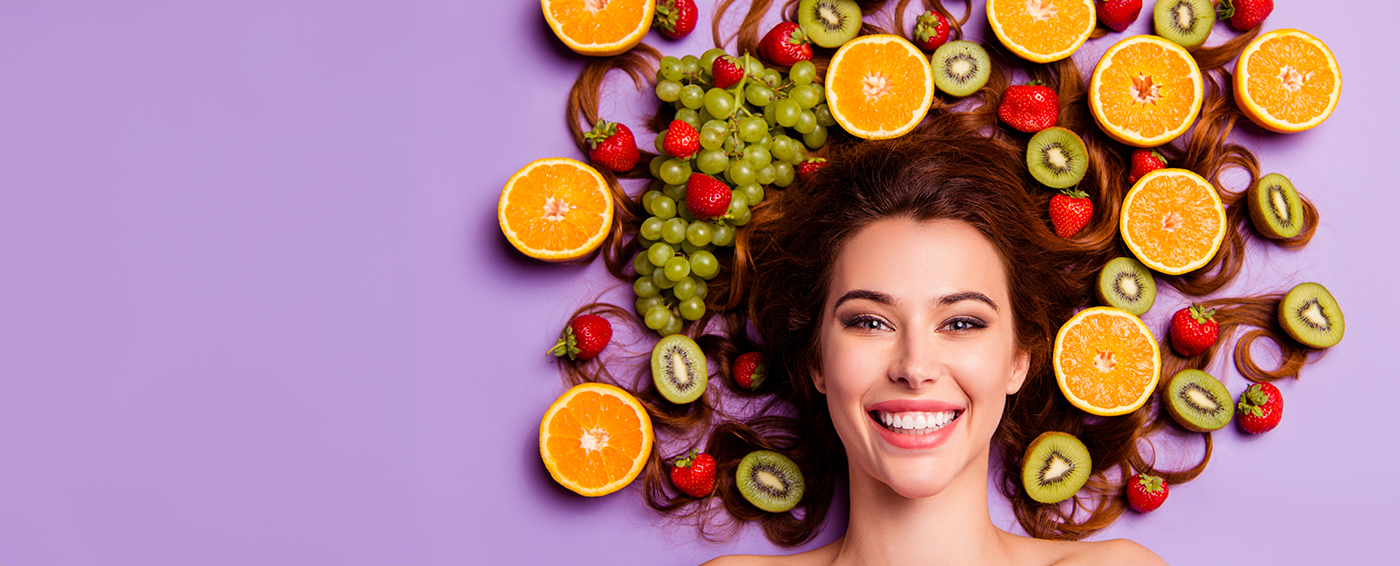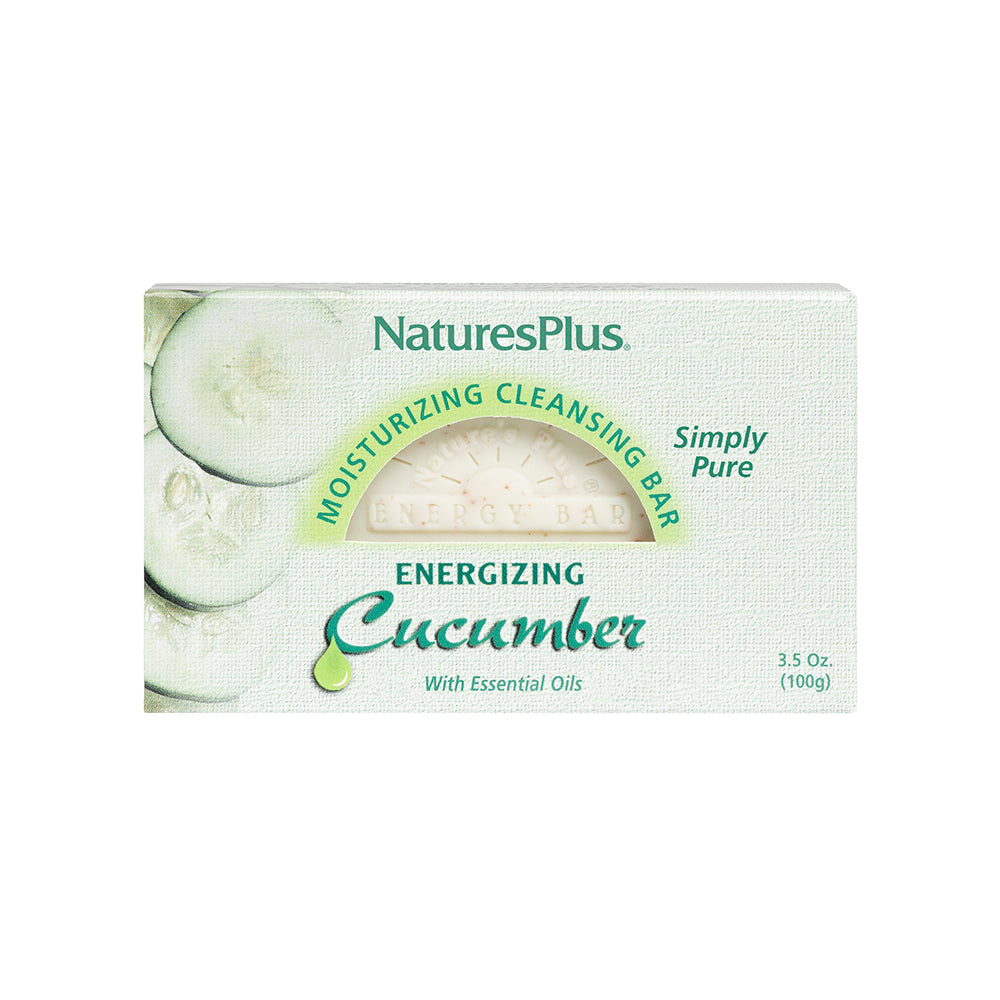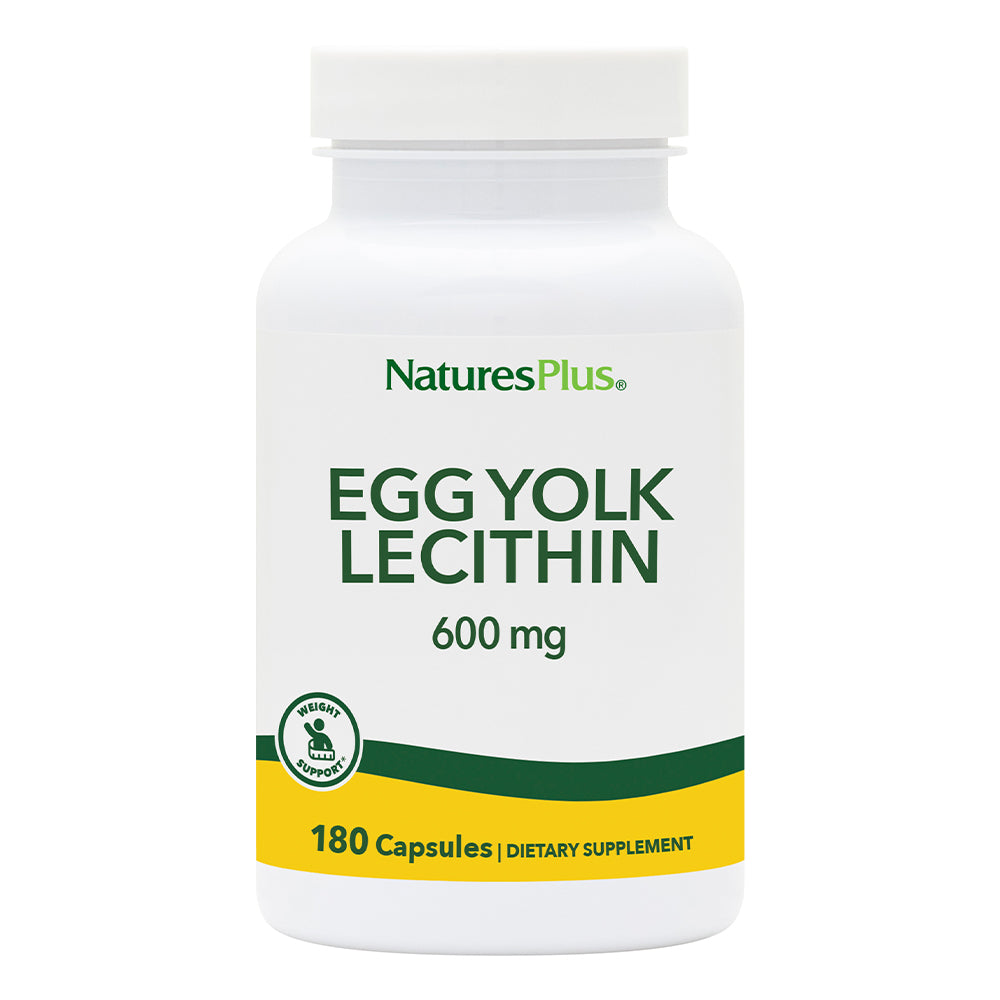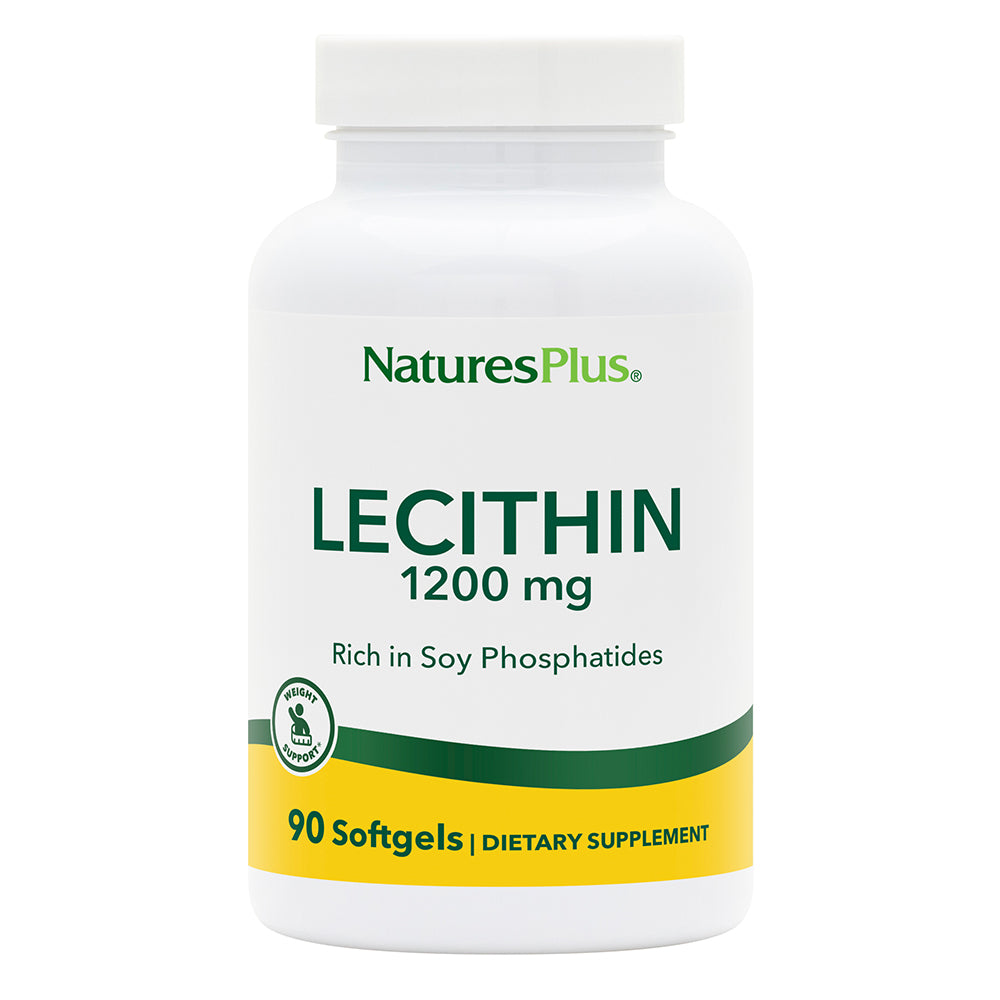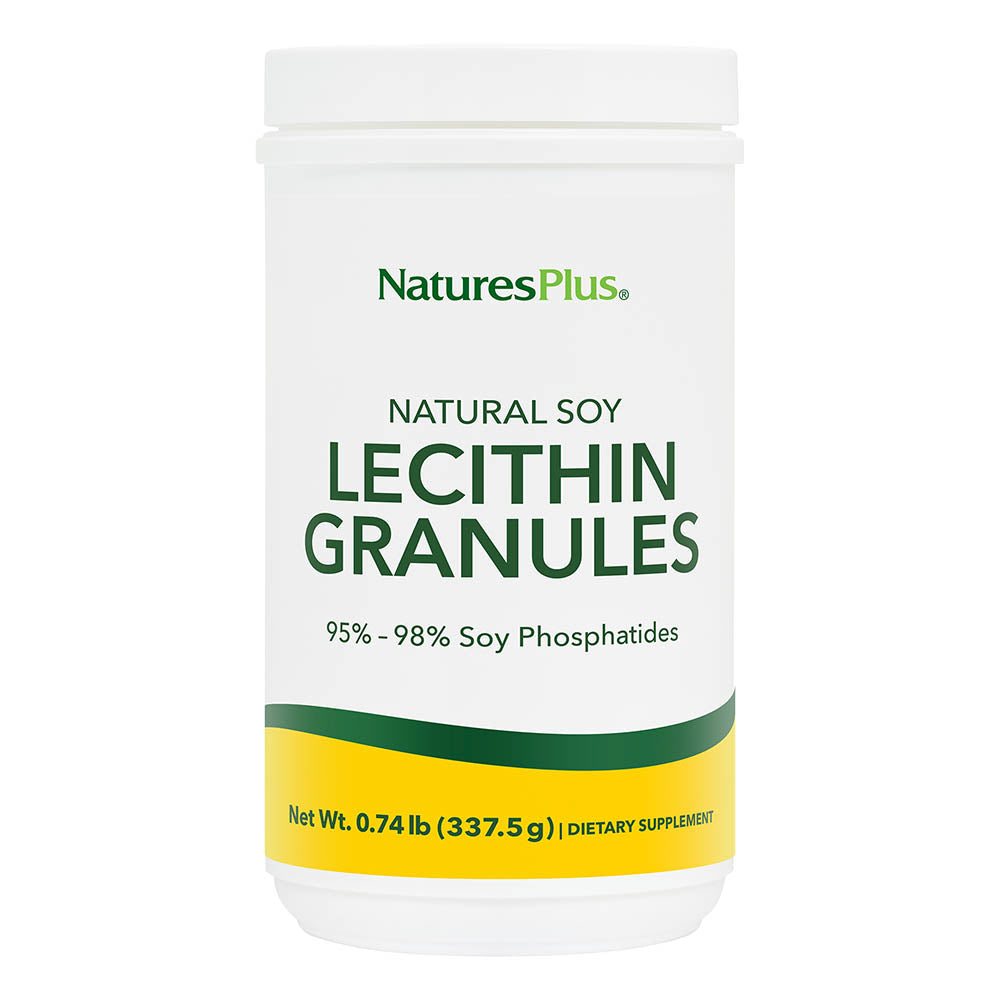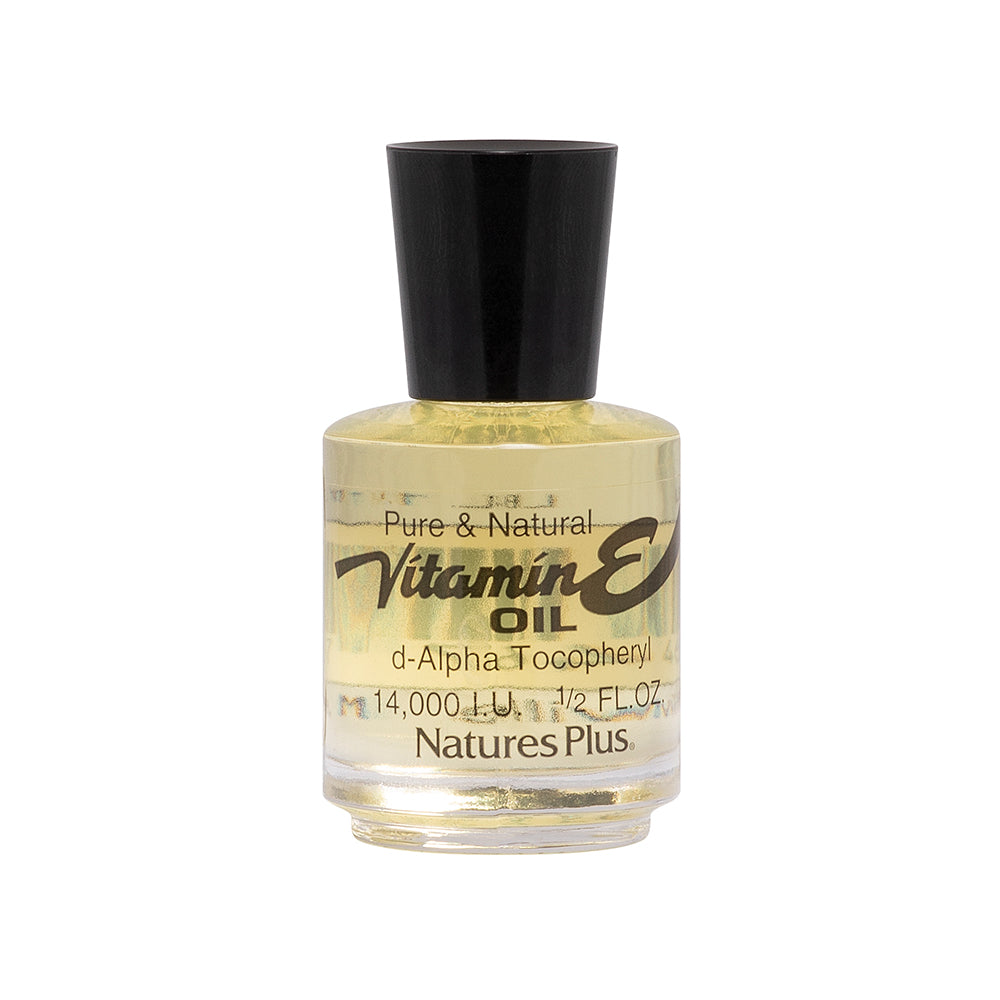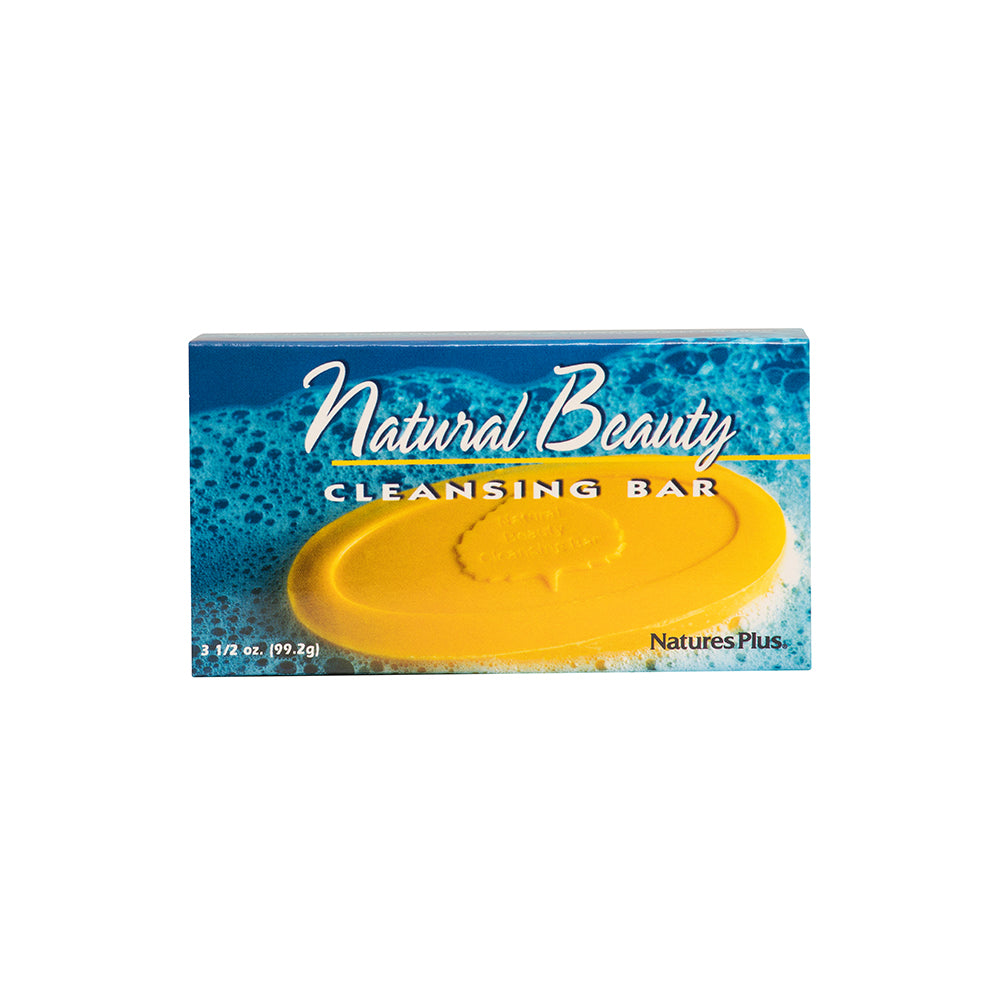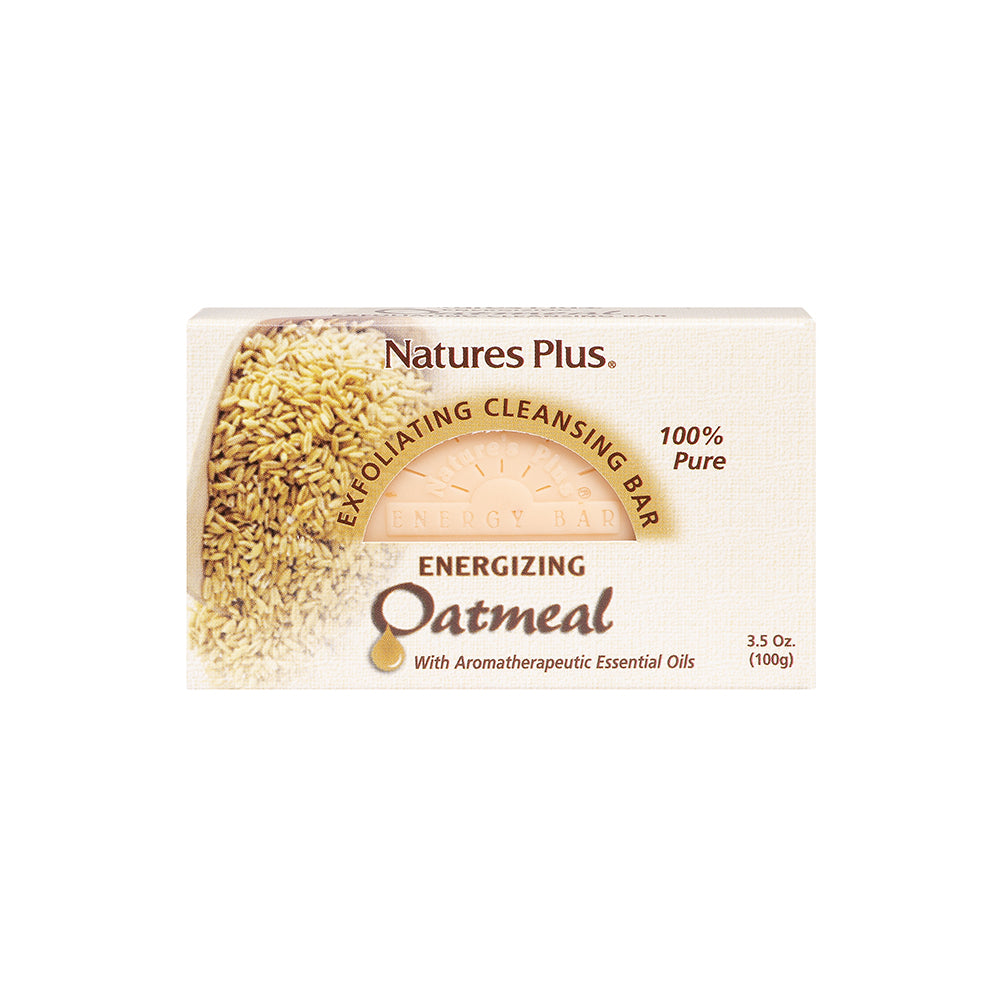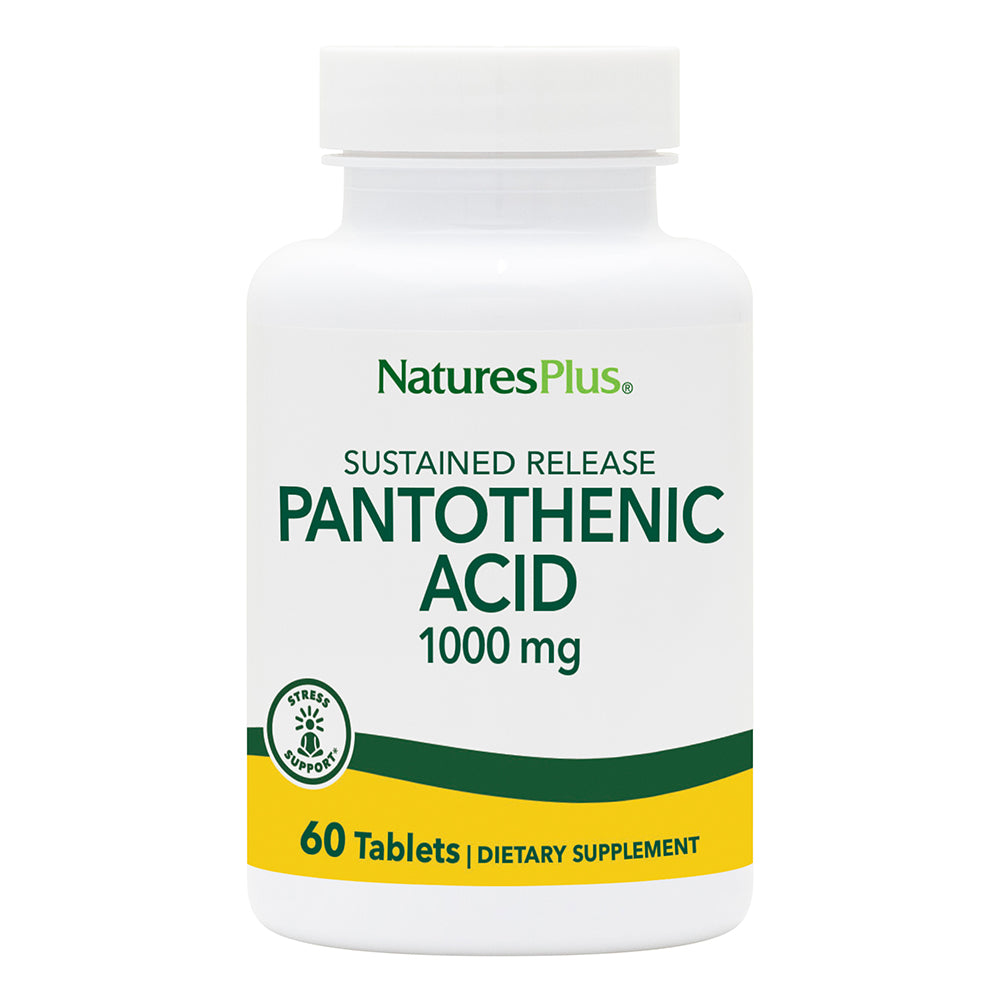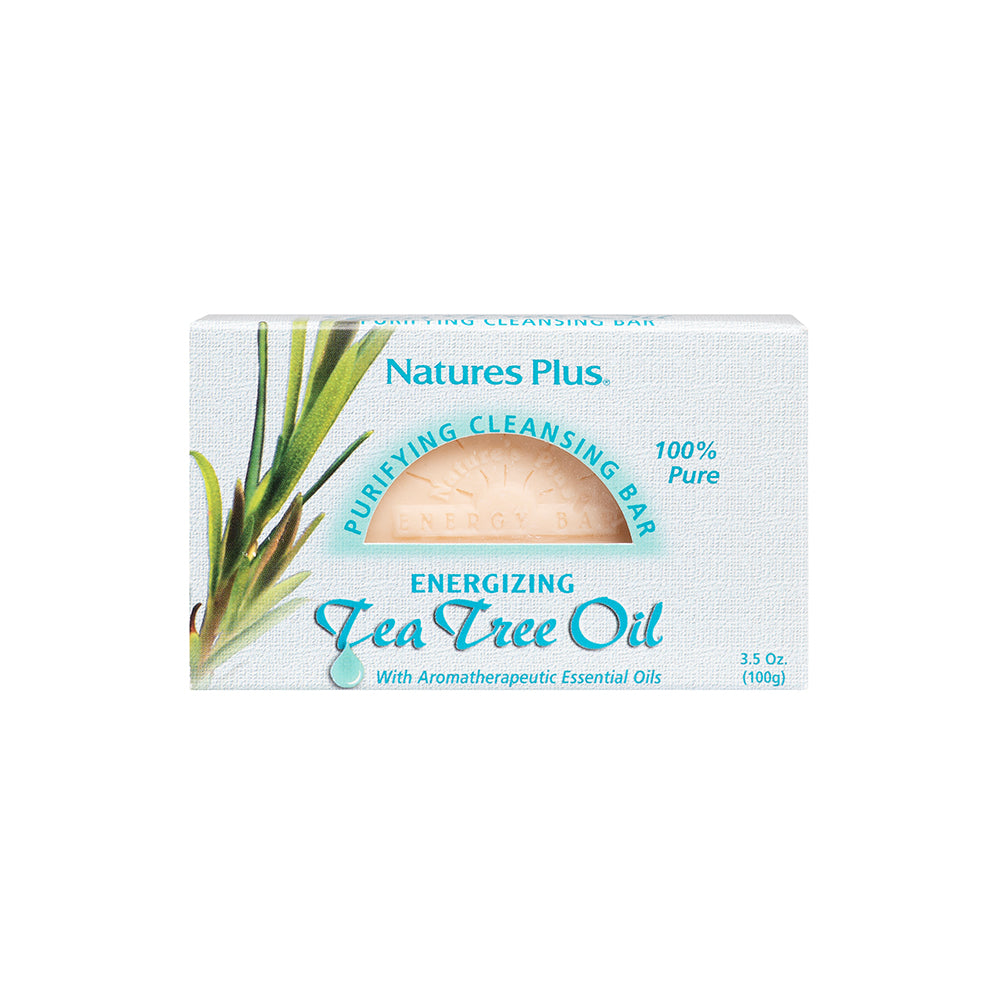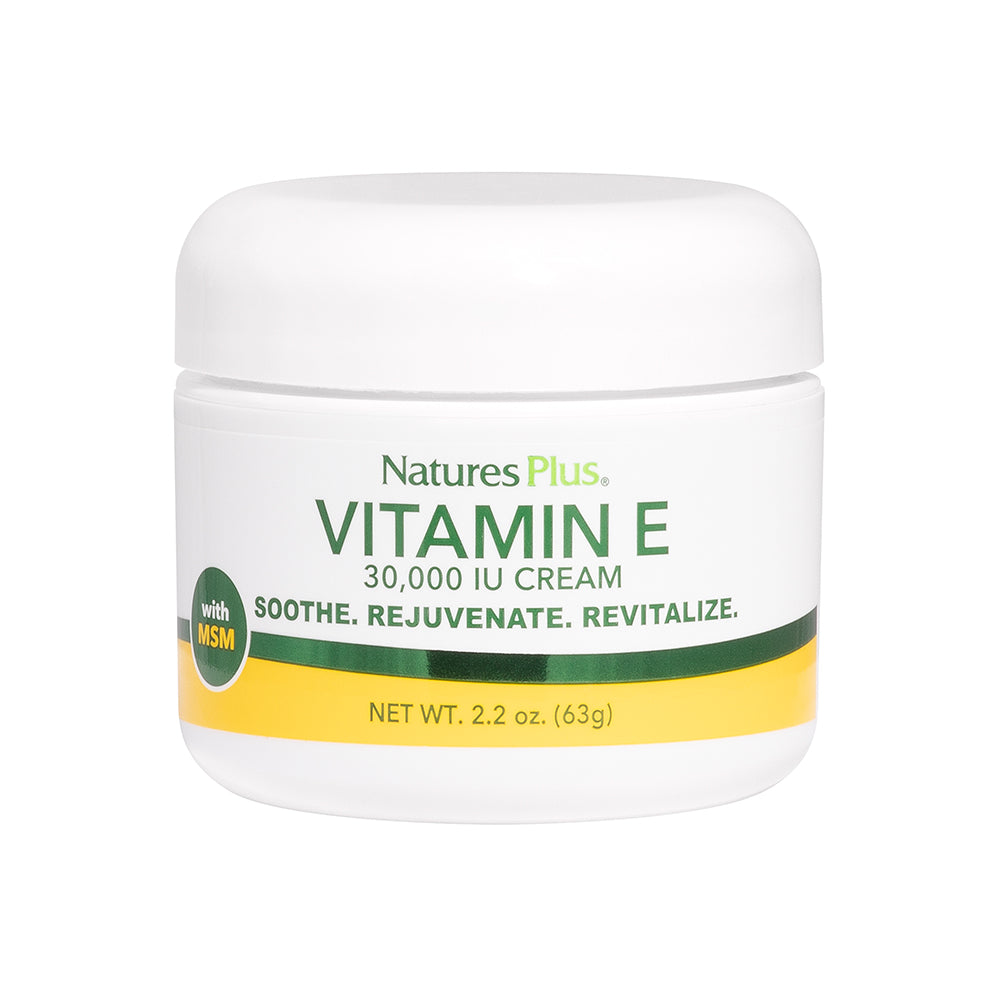No matter how much you pamper your skin from the outside, a lovely complexion will remain elusive until you feed your appearance from within.
How Your Diet Affects Your Skin
"Your skin is a reflection of what's happening inside your body and your diet is an integral part of that," says integrative nutritionistMary Purdy, MS, RDN. "Changing your diet can have a huge impact on the appearance and health of your skin."
A healthier diet also promotes healthier digestion, which in turn supports a clearer complexion.
Makoto Trotter, ND, author ofThe Complete Acne Health & Diet Guide (Robert Rose), explains that "both the skin and the digestive tract are barriers between the body and the outside world" and adds, "Malfunctioning in the digestive tract can also commonly manifest on the skin."
The first step in enhancing skin internally lies in eliminating sugar. Purdy says, "Sugar is the enemy of healthy skin. It increases blood glucose and insulin, and causes inflammation, which can cause duller skin, pallor, acne, blotches and rashes."
Skin-Friendly Foods
Trotter recommends basing your diet on low-starch vegetables, pulses (beans and peas), low-sugar fruits, nuts and seeds and protein from naturally raised meat, wild-caught fish and vegetarian sources.
In addition, the following foods and beverages have a special affinity with glowing skin.
Water
Without adequate hydration, skin tends to become dry and flaky. This can lead to itchiness, which then can become a cycle of itch-scratch-irritation-more itching. That’s why you need to get your eight glasses of water each day.
Olive Oil
According to results published in the journalPLOS One, people whose diets had the highest amount of calories from monounsaturated fatty acids, especially olive oil, were the least likely to show signs of sun-related skin aging.
Green Tea
ABritish Journal of Nutrition study found that drinking two cups of green tea per day helped minimize the damage from sunburn; scientists say the brew's catechins appear to make skin more resistant to UV radiation. Trade your morning java for a mug of green tea and brew an extra cup later on.
Red Peppers
A red pepper contains 190 milligrams of vitamin C, almost three times more than an orange. Vitamin C is an important component ofcollagen, the skin's main structural protein*These statements have not been evaluated by the Food and Drug Administration. This product is not intended to diagnose, treat, cure or prevent any disease.; aging, UV exposure and pollutants such as cigarette smoke and ozone can all deplete this crucial nutrient.
Flax Seeds
These small seeds are filled with omega-3 fatty acids, which have been linked with numerous health benefits, including support for skin health.*These statements have not been evaluated by the Food and Drug Administration. This product is not intended to diagnose, treat, cure or prevent any disease. Sprinkle flax seeds in a smoothie or on cereal. If you’re not a flax fan, foods like salmon, almonds, grass-fed beef and dark leafy greens are also good sources.
Dark Chocolate
Flavonols are the substances that give dark chocolate its health-boosting reputation. A study published in theJournal of Nutrition found that consuming high-flavonol cocoa was linked to improvements in skin appearance among women with sun-aged skin. A small amount of dark chocolate might have a positive impact on your skin but be careful not to overdo it because of the sugar content (stick with darker, less sweet types).
Fermented Foods
Foods that have undergone fermentation—everything from plain old sauerkraut to trendy kombucha—containprobiotics, the beneficial bacteria that promote good gut health. "Your gut is the key to beautiful skin," says Purdy. "You need good gut flora to digest and absorb food." (Other fermented foods include kimchi, tempeh and yogurt.)
IMPORTANT DISCLAIMER
The information in this blog is provided for educational purposes only and is not a substitute for consultation with a doctor or qualified healthcare professional. Consultation with a doctor or qualified healthcare practitioner is strongly advised, before starting any regimen of supplementation, a change in diet or any exercise routine. Individuals who engage in supplementation to promote health, address conditions or support any structure or function of the body assume all risks. Women who are pregnant, especially, should seek the advice of a medical doctor before taking any dietary supplement and before starting any change in diet or lifestyle. Descriptions of herbs, vitamins, nutrients or any ingredients are not recommendations to take our products or those of any other company. We are not doctors or primary-source science researchers. Instead, we defer to the findings of scientific experts who conduct studies, as well as those who compile and publish scientific literature on the potential health benefits of nutrients, herbs, spices, vitamins or minerals. We cannot guarantee that any individual will experience any of the health benefits associated with the nutrients described. Natural Organics will not be held liable for any injuries, damages, hindrances, or negative effects resulting from any reliance on the information presented, nor will Natural Organics be held accountable for any inaccuracy, miscalculation or error in the scientific literature upon which the information provided is based.
Like this article? You’ll love our weekly newsletter
sign up here!
**These statements have not been evaluated by the Food and Drug Administration. This product is not intended to diagnose, treat, cure or prevent any disease.
